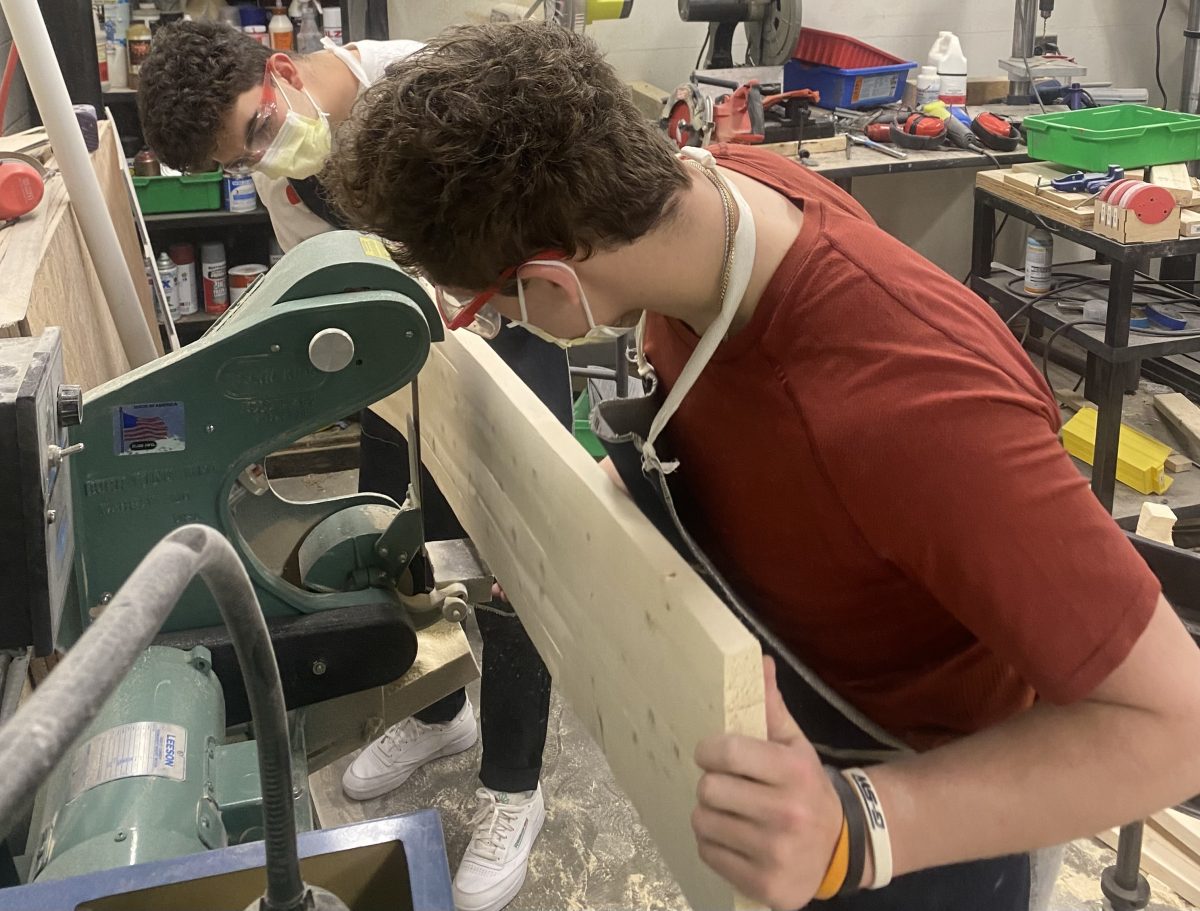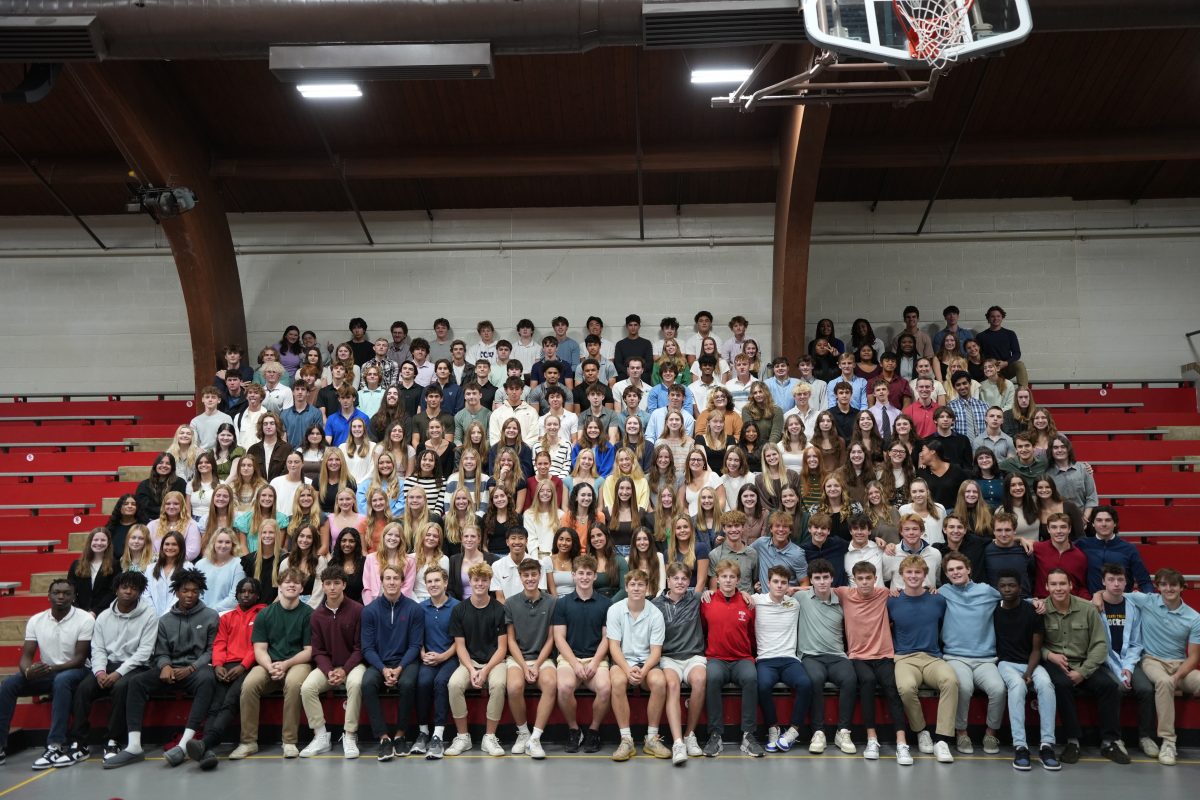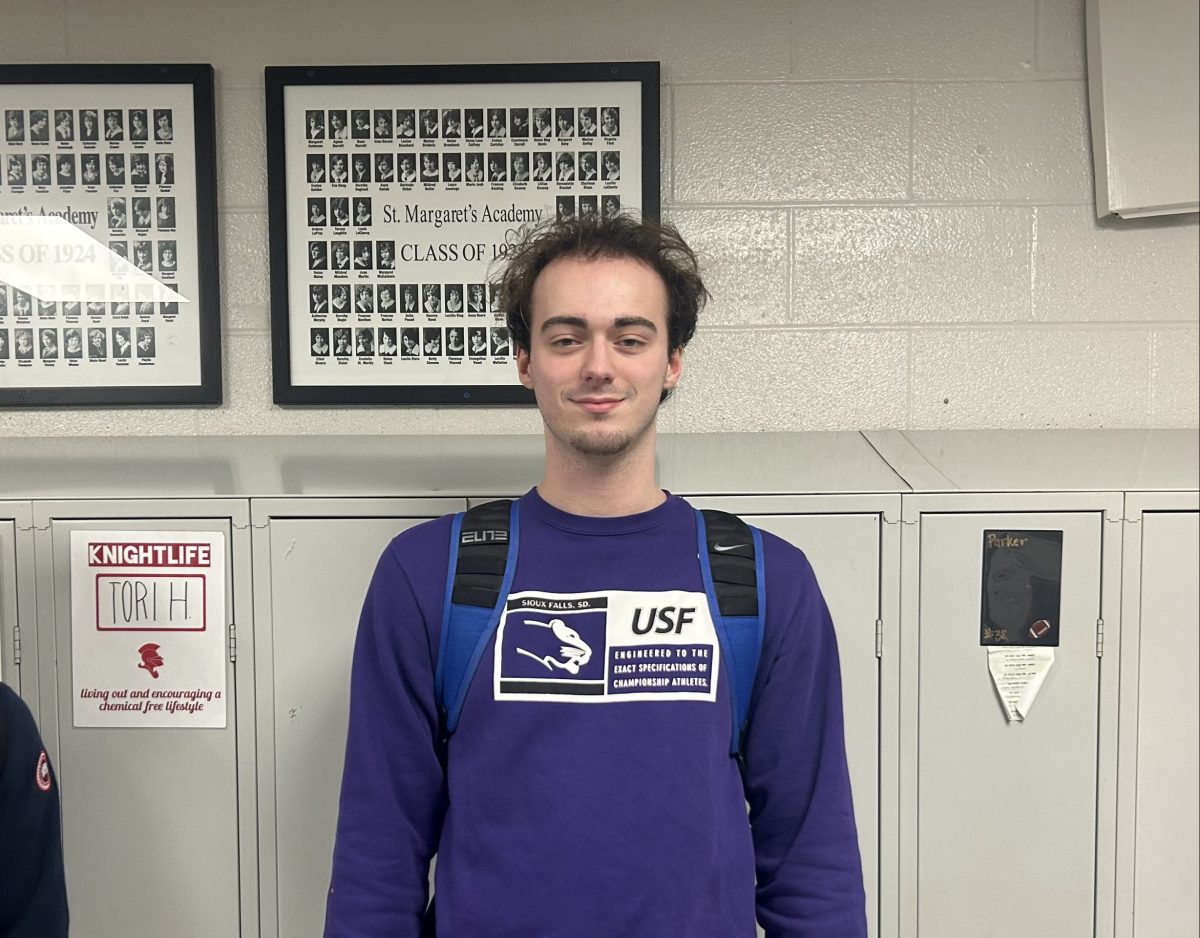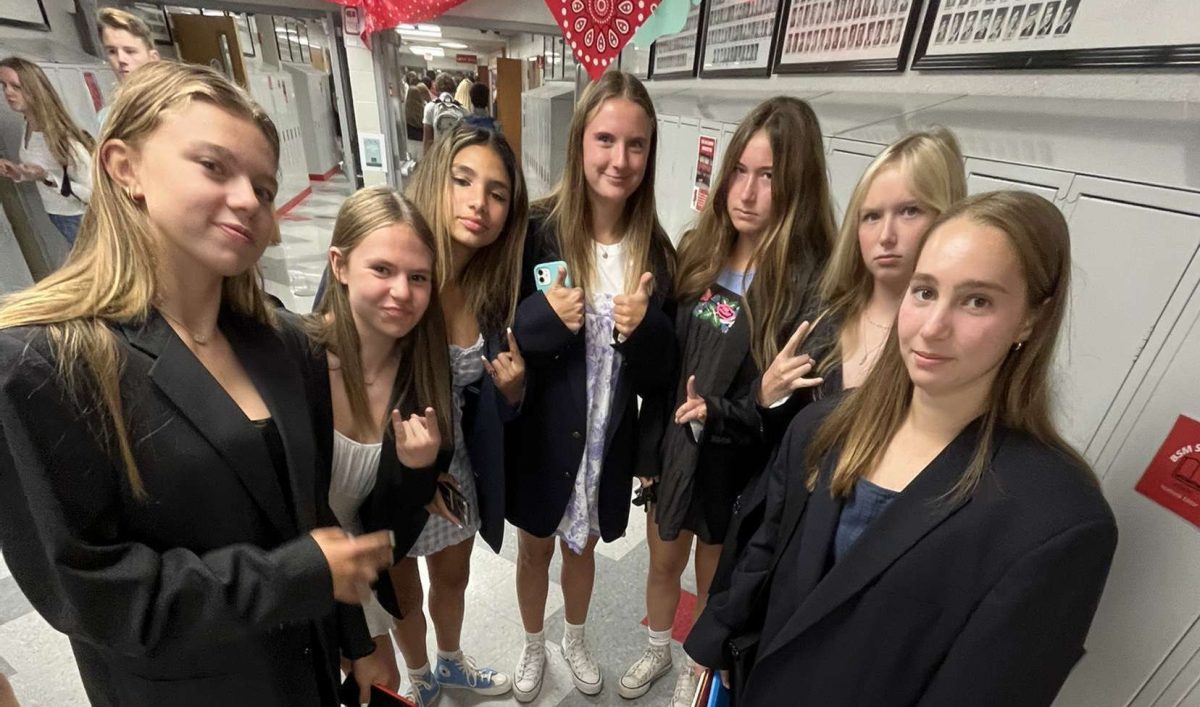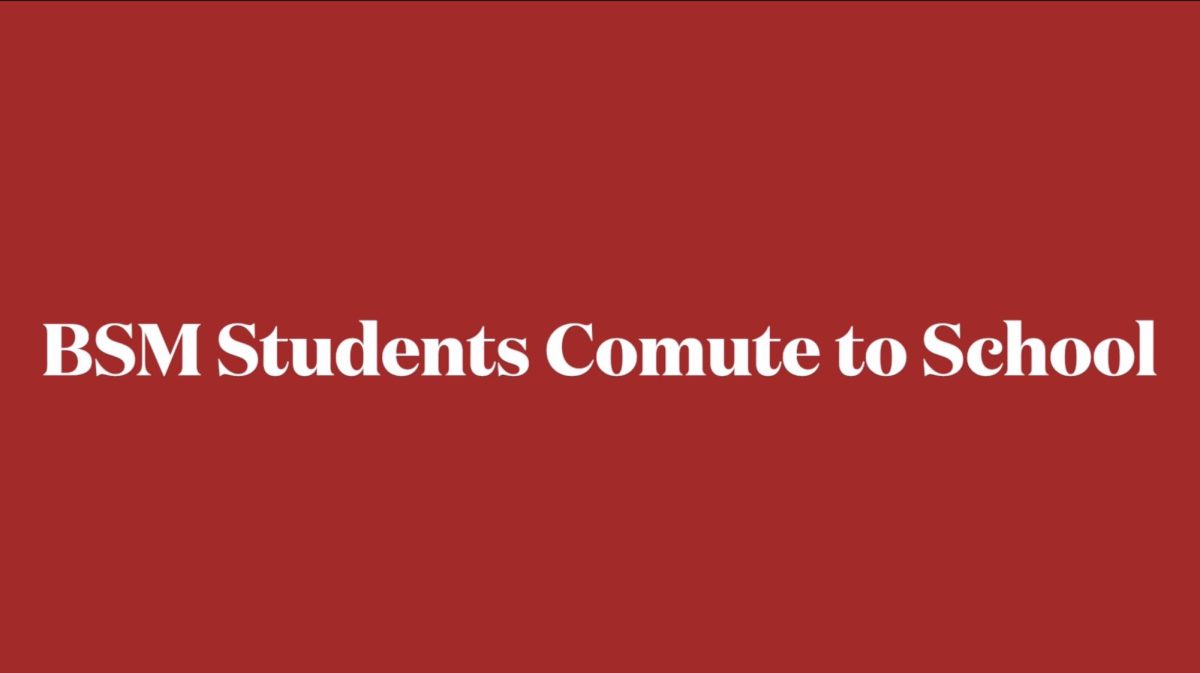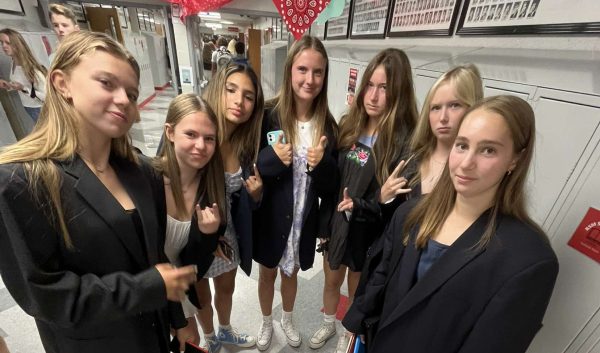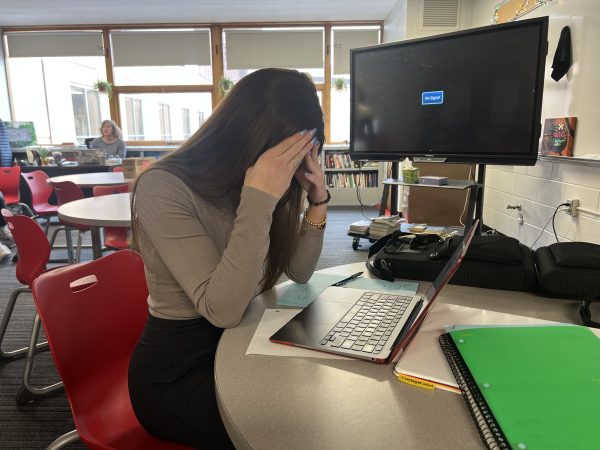Staff Ed: Theology classes should mature as students mature
June 24, 2017
Over the course of history, religious groups have spread their customs and traditions throughout the world. Here at Benilde-St. Margaret’s, we are built on three religious orders: the Benedictines, the Christian Brothers, and the Sisters of St. Joseph. Our Catholic roots run deep. However, many students, no matter their religious background, do not know why we are taught certain aspects of our Church’s history. High school is an important part of our faith journey, so students, especially ninth and tenth graders, should gain exposure to aspects of Catholicism that go beyond definitions and history.
The teenage years are crucial for development of the person and it is within these years that many of our beliefs and life choices are formed. Students, while they strive to do their best academically, are encouraged to grow in their religious beliefs while discovering Christ in a personal way. By teaching the reasoning behind many of the Church’s controversial beliefs and the meaning of the Church’s lengthy history, this would eliminate misconceptions in the Church while also helping students grow in their personal faith.
Currently, the freshman theology courses are “Introduction to Scripture” and “Christology: The Person of Christ.” These classes focus on teaching the essential truths of the Church. During both semesters, the curriculum is filled with definitions and history of each era of the Church. From Adam and Eve, to the Passion of the Christ, to the foundations and hierarchy of modern Catholicism, students memorize and recite the basic teachings of the Church.
While we believe that this approach is appropriate for freshman level religion classes, tenth grade theology classes, “Jesus Christ’s Mission in the Church” and “The Paschal Mystery,” are essentially a continuation of those classes. Instead, the contents of the theology classes should mature as students mature. If sophomore year focused more on the meaning and purpose of these beliefs and terms in the Catholic church, it would lead to a better appreciation of the Church. Sophomore year should be focused on preparing students to become leaders of the school as upperclassmen; they should equip them with the true beliefs of the Church as they go on to hear many differing opinions.
Junior year theology classes require an immense amount of maturity. These classes focus on serving the marginalized and talking about controversial moral topics within the world and the Church’s stance on those topics. Sophomores should be taught more in a way that resembles the “Morality” class from junior year, in which they are able to speak out about their beliefs in a safe environment where the student won’t feel subject to judgement or condemnation because of their views. This will not only better prepare students for the intensity of junior year’s morality class, but also help them develop their own opinions while equipped with the views of the Church.
Benilde-St. Margaret’s is a school founded upon Catholicism. Each theology class teaches about the Catholic faith, but for many students the definitions and history are not enough. We look forward to the additional options in theology classes during our senior year, but we wish that these options were available earlier in high school. Additionally, it is important to learn about the reasoning and depth of Catholic theology. By learning about world issues as they apply to Catholicism in a mature and safe environment, students can better stay involved in their faith.






